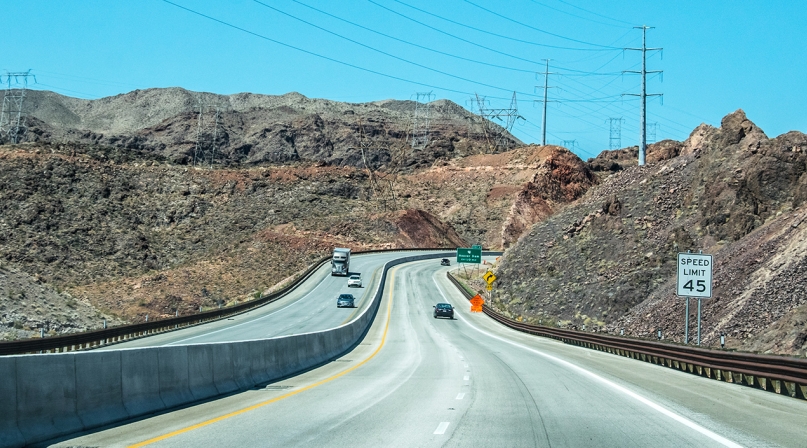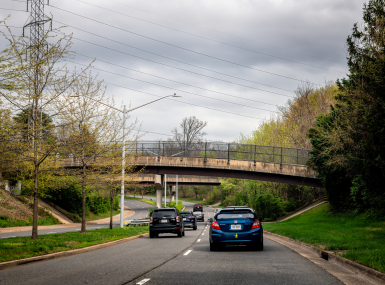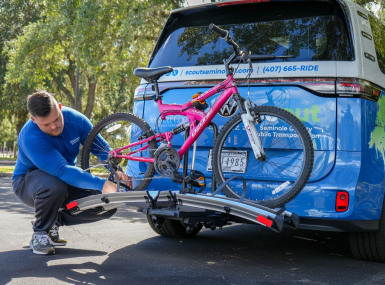Graves: All options on table for infrastructure bill, but gas tax doubtful

Graves says a gas tax increase probably won't pass this House of Representatives
Rep. Sam Graves (R-Mo.) cast doubt on the likelihood of funding infrastructure improvements with a gas tax increase, during a March 6 Capitol Hill briefing with county officials. “I don’t think we can get a gas tax passed through the House of Representatives right now,” he said. “We could look at (vehicle miles traveled), maybe possibly some sort of indexing component. I don’t think we ought to even try (with the gas tax). Everything is on the table in terms of funding the highway trust fund moving forward.”
Graves is chairman of the House Subcommittee on Highways and Transit, Committee on Transportation Infrastructure. He said funding an infrastructure package is the transportation committee’s top priority after Federal Aviation Authority reauthorization, but he expected the congressional infrastructure deal to be notably different from President Trump’s proposal, which leverages $200 billion in federal funding to attract a total of $1.5 trillion in total investment.
Graves said he wanted to avoid any funding mechanism that would present motorists with a single tax bill at the end of the year, crediting fuel taxes with the pay-as-you-go method. But he was not otherwise enthusiastic about fuel taxes’ viability as automobile technology improves.
“I have a problem with fuel taxes anyway because we have a lot of vehicles on the road that aren’t buying gas or are hybrids and fuel efficiency is getting better and better all the time. It’s regressive,” he said.
Graves added that tolling didn’t excite him either as an infrastructure funding mechanism.
“I don’t like paying for something twice,” he said.
Attachments
Related News

Local government organizations send letter in support of the BASICS Act to congressional leaders
On February 16, nearly 80 state associations of counties and municipal leagues representing local governments in all 50 states sent a letter to the leaders of the U.S. House Committee on Transportation and Infrastructure and the U.S. Senate Committee on Environment and Public Works expressing their support for the Bridges And Safety Infrastructure for Community Success (BASICS) Act (H.R. 7437) and urging its inclusion in the next surface transportation reauthorization bill.

U.S. House members introduce NACo-endorsed, bipartisan BASICS Act to improve transportation programs for local infrastructure
On February 9, Reps. Kristen McDonald Rivet (D-Mich.) and Robert Bresnahan (R-Pa.) introduced the Bridges And Safety Infrastructure for Community Success (BASICS) Act.

